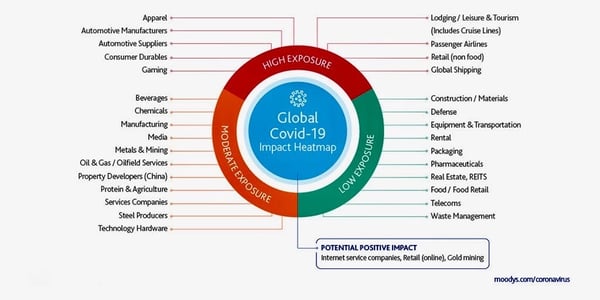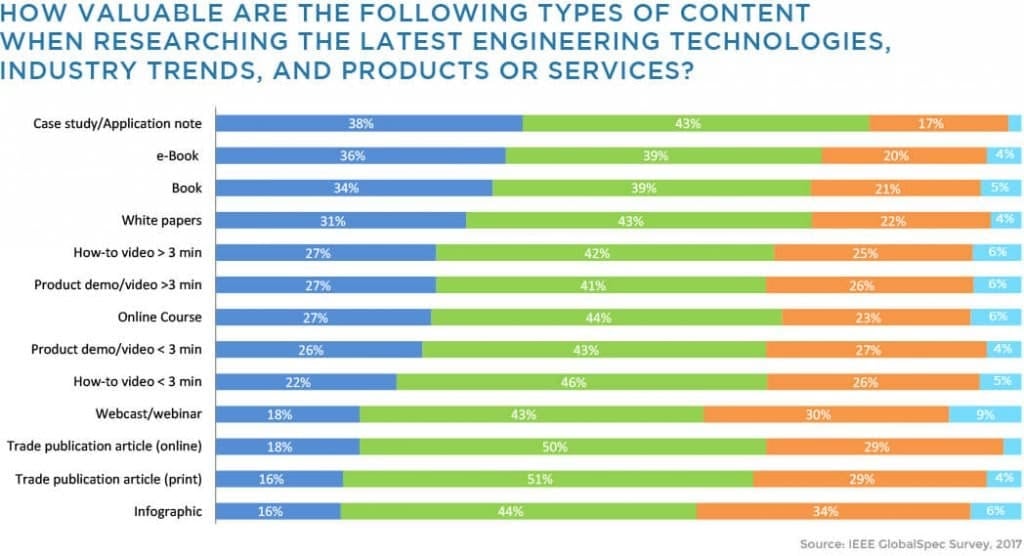
The coronavirus pandemic has forced many changes in our society and economy. We have never dealt with something like this before.
Naturally, companies are often not sure how to proceed, whether their industry has been severely impacted or not.
One unfortunate fact of the current situation is that there is no one with experience in this exact scenario here to guide us. We are all, the world over, in the same boat. To combat the spread of the virus, entire economies were brought to a standstill or significantly slowed.
Often, the situation is being handled differently based on locality. Some nations are more affected than others and have seen less of an impact on their economy. In the US and depending on the state, there may be a county-by-county approach to determining what businesses can open up and when.
There are also differences in the way that places begin to open up. Some states have allowed businesses in most sectors to open up with limited restrictions. Others are more controlled, such as states limiting the total or table capacity of restaurants. That is something that you need to take into account, whether you are a local business or national.
Even as things open back up, customer behavior will have changed in many ways. Some of those will be predictable. Others will be less so. How long these changes impact us also remains to be seen.

In this article, we’ll discuss seven basic steps that any company can take to help them adapt to this new era and weather the storm as best as they can.
1. Shift Your Focus Toward Industries That Will Weather The Storm
If you are a B2B company, you may have to alter your approach. For example, now may not be the best time to be a company that focuses on serving the travel industry. There isn’t a whole lot of traveling happening during a pandemic.
Be flexible and agile in the industries that you cater to. Shift your focus toward those that are weathering the pandemic well or even experiencing a boom during these downtimes.
eCommerce companies are growing at an unprecedented rate. Remote work tech and gig economy solutions have also experienced a boom.
Certain medical supply companies are seeing the same thing. The demand for some products is rising exponentially and will continue to see rising demand until the situation is fully under control.

Source: Moodys
2. Provide Flexibility To Customers
Now is the time to take care of each other. We are all having to tighten the belt and make concessions during these difficult times.
There is a good chance that you have had a brand offer new flexible options to you as a customer — perhaps in payment terms, pausing an account, or offering a discount.
Consider doing the same for your customers. As things begin to return to normalcy, we want to do our best to hold onto the loyal customers that we already have. Offering flexibility during a tough time can deepen that loyalty.
3. Stay Consistent With Sales and Marketing
Even if you have to trim your budgets, don’t just put your sales and marketing on hold if you can help it. There are many companies that can’t afford to keep spending in these areas until people begin spending money again.
Staying consistent during this time can lay the foundation for growth once things start to look up again. You’ll still attract prospects and raise awareness, even if some customers are not ready to spend at this time. When they are, you’ll still be there with a better understanding of what each prospect is looking for.
However, trying to get everything moving again once the economy begins to recover will leave your pipelines barren and draw out the pain of the recession for even longer.
4. Make the Shift Toward Account-Based Marketing
Selling B2B services requires a lot of patience for the long sales cycle. Engaging with a single contact is often not enough. They have to receive approval and buy-in from multiple parties, particularly with larger investments.
This task becomes even more difficult during fluctuations in the economy, making it harder for people that are lower on the totem pole to get spending and budgets approved. That is enough to kill a deal completely during times like this.
By approaching prospects on an account-level instead of individuals, you can focus on winning the buy-in yourself. Engage with multiple contacts at a company and frame your solution for their specific needs.
A shift toward account-based marketing is a big shift for companies that have never done it before. But in B2B, it is often more effective.

Source: Whereoware
5. Arm Your Sales Team with Relevant content
In a recession, your opportunities are going to be fewer. That means that your sales teams need to make the most of every opportunity that comes through the pipeline.
The best way to ensure that they do that is to make sure that they are prepared with high-level, relevant sales content that answers the questions, objections, and needs of your highest value customer personas.
Give your sales team the tools that they need to close a sale effectively. Content that answers common questions and objections can go a long way toward improving conversion rates.
And those effects will be felt across the entirety of your sales team, not just on an individual rep-by-rep basis.
6. Invest in Long-Term Strategic Partnerships
Strategic partnerships take a long time to nurture and come to fruition. But when they do, they can be the lifeline that your company needs to survive a crisis.
Co-marketing, affiliate, or white label offerings with a strategic partner can help both companies gain access to each other’s audience while providing a better, more fully realized experience to your customers.
Look for potential partners in your industry that would make a good fit for a partnership.
Adaptation Makes the Difference
Different times call for different measures. Identifying the right ways to be flexible and adaptive can make all of the difference both during an economic downturn and during the recovery.
The six steps outlined in this article can provide some direction to help you survive and thrive during the coronavirus era.














